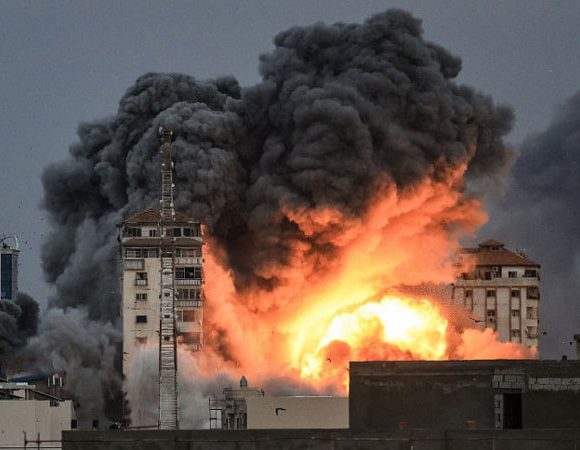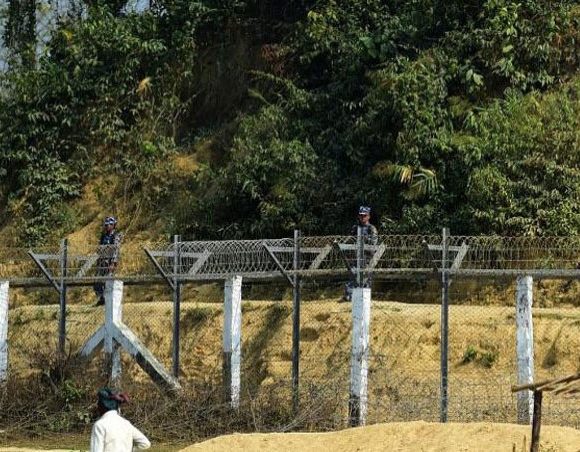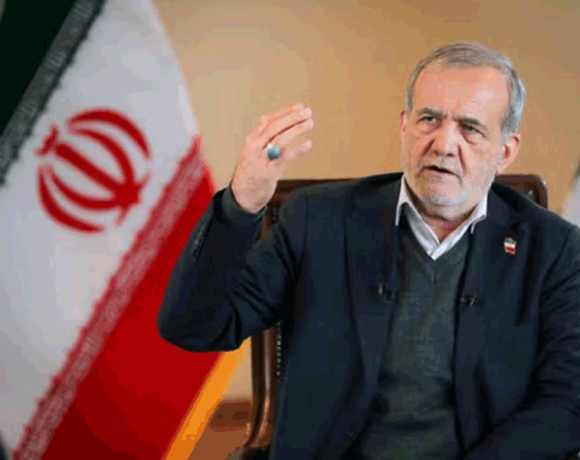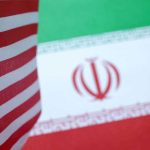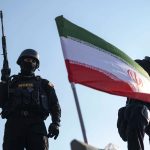Myanmar junta chief among key suspects identified in Rohingya genocide case
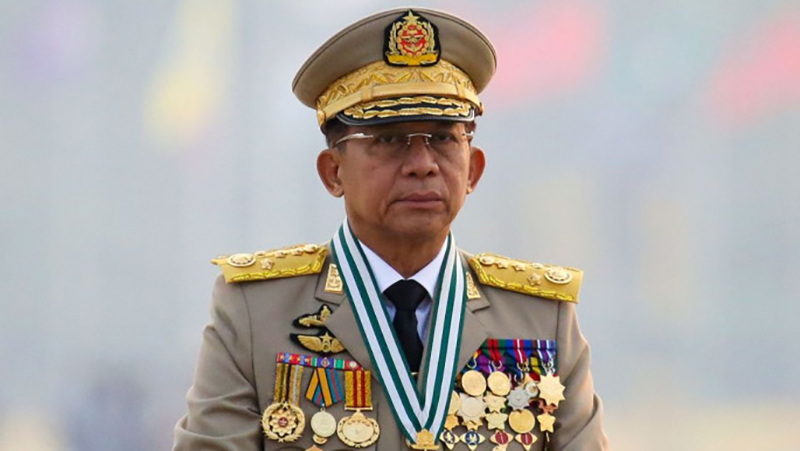
NEWS DESK
Some 20 key suspects, including junta chief Senior General Min Aung Hlaing and senior Myanmar military generals, have been identified as being responsible for a clearance campaign against the Rohingya ethnic minority in Rakhine State that is now the subject of a genocide case at the United Nations (UN) highest court, The Irrawaddy reports.
The investigation by the Commission for International Justice and Accountability (CIJA), an independent war crimes investigator, also reveals that the Myanmar military planned the brutal purge of the Rohingya years in advance.
Its execution in 2017 forced over 700,000 Rohingya to flee to neighboring Bangladesh. Those who fled said that the Rohingya were subjected to extrajudicial killings, rapes and arson attacks by security forces. UN investigators said that the operation had “genocidal intent”.
In its report released last Thursday, the CIJA said that during its four-year investigation it focused on looking for evidence of high-level criminal responsibility so that the perpetrators can be held accountable before the UN court in The Hague, the capital of the Netherlands.
“The key with a complex international criminal investigation isn’t to establish the crimes, but establishing the individual criminal responsibility for those crimes. We’re not interested in the low-level perpetrators. We’re interested in the generals, the leading politicians who initiated this criminal operation,” said Bill Wiley, Executive Director of the CIJA, in the report.
The report named the military’s chief Senior General Min Aung Hlaing, Major General Maung Maung Soe, chief of the military’s Western Command from 2016 to 2017, and Brigadier General Thura San Lwin, chief of the Border Guard Police (BGP), as being among 20 high level suspects responsible for the clearance operation that is the subject of the genocide case at the UN’s International Court of Justice (ICJ) in the Hague.
Maj-Gen Maung Maung Soe and Brig-Gen Thura San Lwin were among the few senior military officers to lose their jobs after the clearance operation, for failing to provide adequate support and management of the army and police in Rakhine.
A photo of Brig-Gen Maung Maung was wrongly identified as Maj-Gen Maung Maung Soe in the CIJA’s report. Brig-Gen Maung Maung was the leader of the military-appointed lawmakers in Myanmar’s parliament, and a hostile opponent of then ruling National League for Democracy’s (NLD) attempted reforms.
The CIJA said that document after document it obtained during its investigation revealed the intensely bureaucratic nature of the Myanmar military, with senior commanders maintaining detailed awareness of all their subordinates activity and controlling every aspect of decision making and operating procedures.
Lower-level commanders were not trusted to make decisions on their own in the field, meaning that their actions were always approved by the highest echelons of the military, said the CIJA.
The documents showed that senior commanders met frequently with their subordinates, where they would propose, discuss, adopt and assign security measures as part of the clearance operations, as well as disciplining subordinates who disobeyed such orders, and so the senior ranks were well-informed about the actions and results of operations, added the CIJA report.
The CIJA said a number of senior individuals from the military, police, the General Administration Department and government ministries were among those responsible for the crimes committed against Rohingya. But the report didn’t identify all the suspects by name as it has begun handing its material over to prosecutors at the ICJ.
However, it seems highly likely that the military-appointed defense minister Lieutenant General Sein Win, home affairs minister Lieutenant General Kyaw Swe, border affairs minister Lieutenant General Ye Aung and deputy commander of the military Vice Senior General Soe Win will be on the list.
Planned removal
Government documents going back years show plans and measures to control, monitor oppress and direct violence at the Rohingya, with the aim to compel them to leave Myanmar and, as time went on, to realize their physical destruction, the CIJA stated.
Plans included instituting extensive surveillance programs of Rohingya communities, it said.
Covert intelligence officers were deployed from the BGP under the guise of a new healthcare program. They were joined by an increasing number of civilian informants, including Rohingya, recruited as “spies and underlings to obtain fresh news” alongside the majority Bamar population, the CIJA said.
Numerous other documents refer to the role that civilian groups could play in instigating violence, drawing on ultra-nationalist anti-Muslim Buddhist movements, who were to be “unified and rallied” to form militias within the villages of each district, it added.
Referring to statements from well-placed witnesses, the CIJA said that the military leadership communicated to subordinates during the 2017 clearance operations that Rakhine State was designated a “black” area, meaning that anyone in the area was to be shot and killed without warning.
Another witness describes how military and police personnel worked alongside non-Rohingya locals to enter Rohingya villages and burn them down. With the help of government forces, those locals also captured and threw Rohingya elderly and children into the fires they started, the report stated.
One of the documents the CIJA attached to the report was a slide from the Myanmar military that was shown in officer training on the UN’s “Responsibility to Protect” (RSP) commitment, which was endorsed by all UN member states in 2005.
The slide said that although the UN and international community will continue to pressure the military regarding the issue of northern Rakhine and demand that the Myanmar government accept “Bengali” refugees, there is no likelihood of R2P being enforced and breaching Myanmar’s sovereignty.
In late July, the ICJ ruled that the genocide case accusing military-ruled Myanmar of genocide against the Rohingya can go ahead, throwing out all of the junta’s objections to the case filed by the west African nation of Gambia.
The case opened against Myanmar by Gambia at the ICJ in 2019 has been complicated by last year’s coup that ousted civilian leader Daw Aung San Suu Kyi and her NLD government, triggering mass protests, bloody crackdowns and armed resistance to the military regime.
Suu Kyi, who faced criticism from rights groups for representing Myanmar at the ICJ in the Rohingya case, has been in detention since the coup and has been put on trial on a number of charges by the same generals she defended at the ICJ in The Hague.

